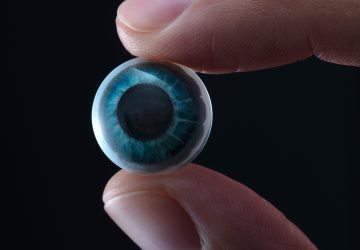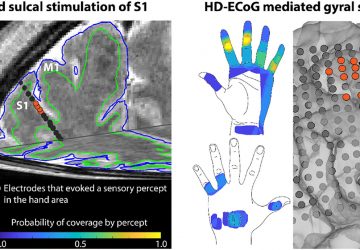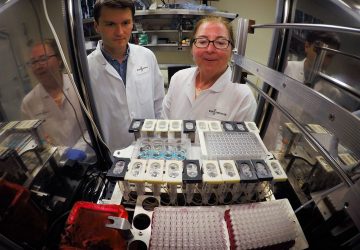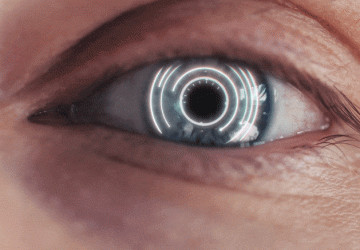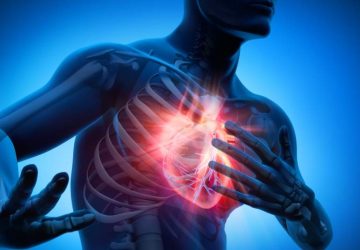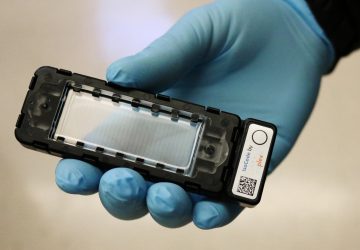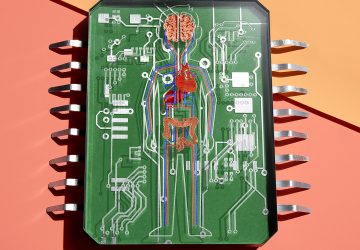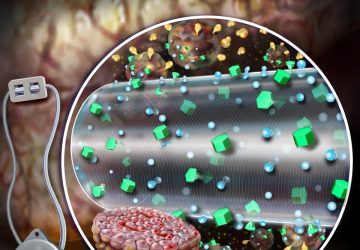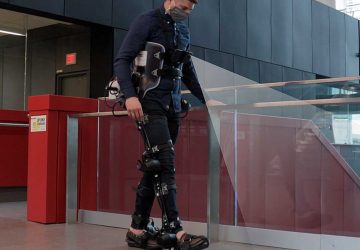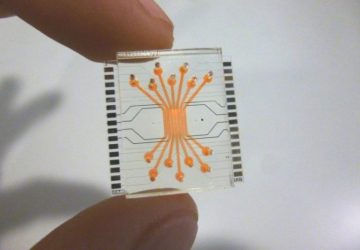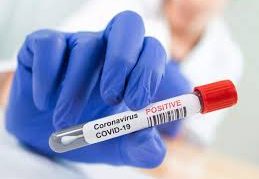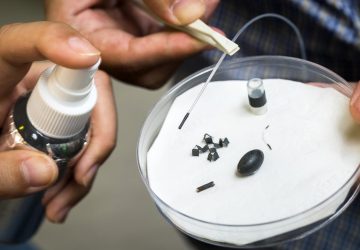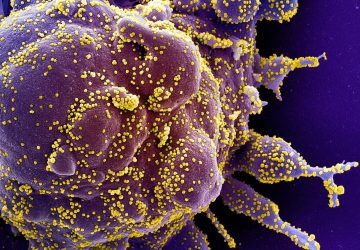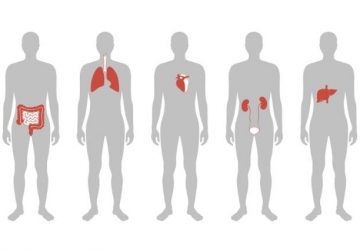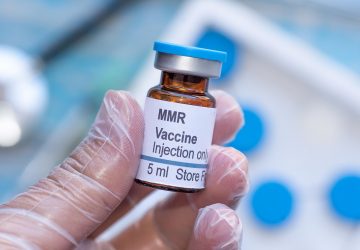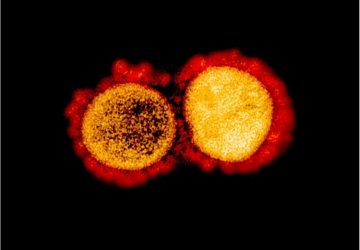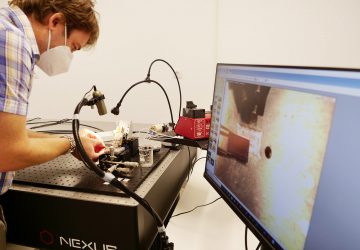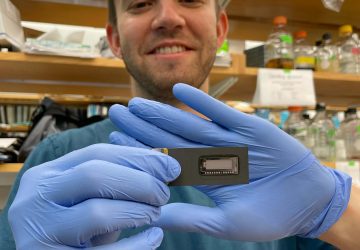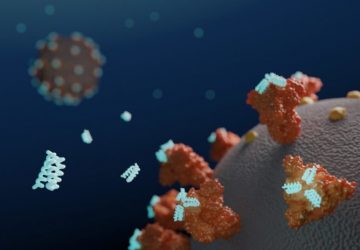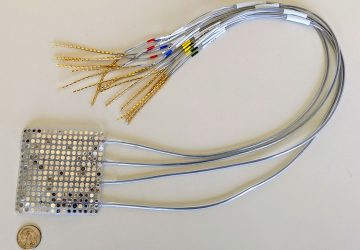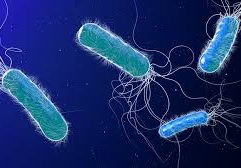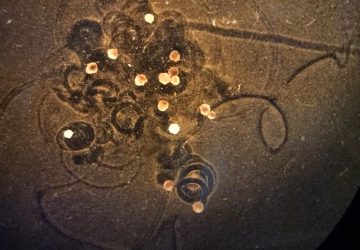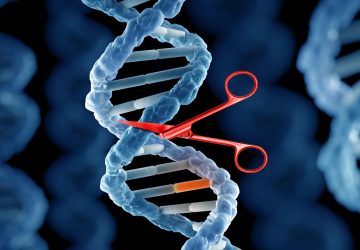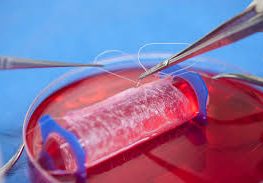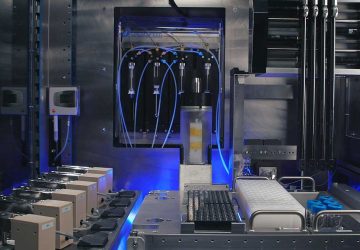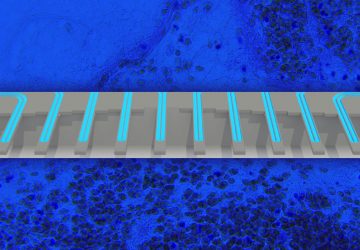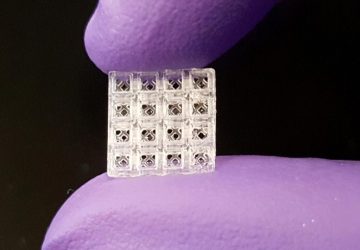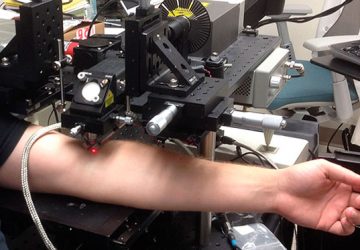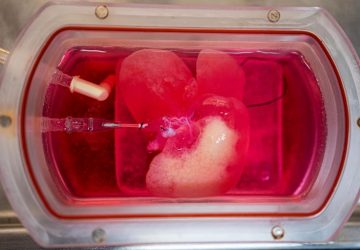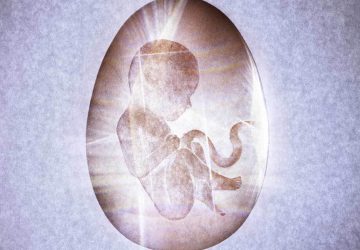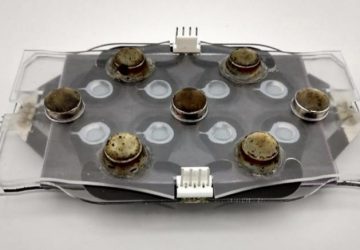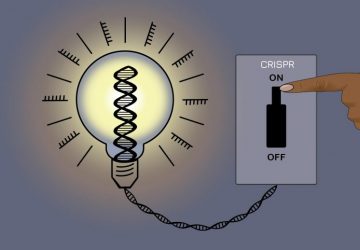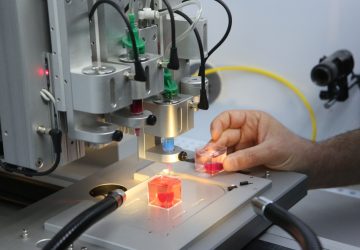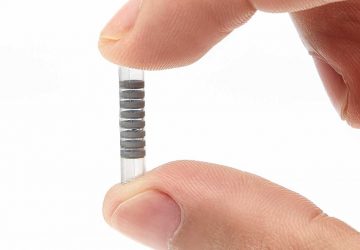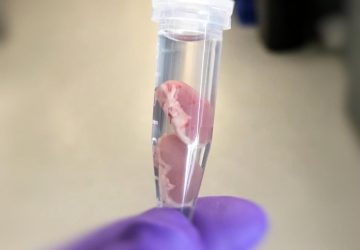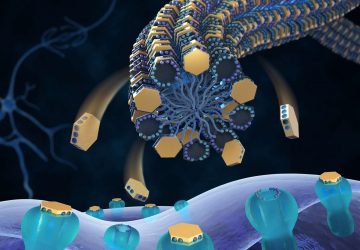Sleep deprivation was associated with DNA damage in a new Anesthesia study. In the observational study on 49 healthy full-time doctors who had their blood analyzed at different time points, on-call doctors who were required to work overnight on-site had lower DNA repair gene expression and more DNA breaks than participants who did not work overnight. In these overnight on-site call doctors, DNA repair gene expression decreased and DNA breaks…
Read MoreScientists discover new blood vessels in bone
Researchers at University Duisburg-Essen, Germany have discovered new blood vessels in the long bones of mice, as well as similar new vessels in human long bones. sciencepics | Shutterstock The vessels, which the scientists have called “trans-cortical vessels” (TCVs), were found to have originate in the bone marrow and traverse cortical bone perpendicularly along the shaft and connect to the periosteal circulation. The finding, which was recently published in the…
Read MoreStem Cell Therapy Patch for Macular Degeneration Sees the Light of Day
New research in the field of age-related macular degeneration (AMD) may be giving stem cell therapy a chance to move into the next level through a clinical trial that may be the first of its kind. The work, published in a paper titled, “Clinical-grade stem cell–derived retinal pigment epithelium patch rescues retinal degeneration in rodents and pigs” was published in Science Translational Medicine on January 16. Using a novel patient-specific…
Read MoreTruncal mutations study suggests new direction in origins of cancer
Cancers most commonly arise because of a series of two to five mutations in different genes that combine to cause a tumor. Evidence from a growing number of experiments focused on truncal mutations–the first mutations in a given sequence–suggests a new direction in understanding the origins of cancer. In a paper published today in Cancer Cell, authors Arnold J. Levine of the Institute for Advanced Study and Nancy A. Jenkins…
Read MoreIntoxication Metabolite Found in Flies Plied with Alcohol
Buzzed flies reveal an indirect path to intoxication. [Scripps Research] At the molecular level, the pathway to drunkenness isn’t a straight line. It swerves toward an intermediate step, one that was overlooked in earlier studies of alcohol anesthesia. According to a new study of alcohol anesthesia from the Scripps Research Institute, ethanol intake causes a “buzzed” sensation when a membrane-bound enzyme produces lipid-alcohol metabolites that bind to and regulate downstream…
Read MoreKidney Disease Gene Test Advances Personalized Medicine
Researchers at the Columbia University Vagelos College of Physicians and Surgeons have found that genes cause about 1 in 10 cases of chronic kidney disease in adults. They say that identifying the responsible gene has a direct impact on treatment for most of these patients. “Our study shows that genetic testing can be used to personalize the diagnosis and management of kidney disease, and that nephrologists should consider incorporating it…
Read MoreNew test shown to be 100% effective at detecting cervical cancer
Researchers at the Queen Mary University of London have developed a new cervical cancer test that proved to be 100% effective at detecting the cancer in a trial of 15,744 participants. Komsan Loonproom | Shutterstock The study demonstrated that the epigenetics-based test outperformed both the Pap smear and the human papilloma virus (HPV) test, as well as being more cost effective. As reported in the International Journal of Cancer, lead…
Read MoreMarijuana causes alters genetic makeup of sperm
A new study has revealed that cannabis or marijuana can alter the DNA or genetic make-up of the sperms and this can have long term consequences in the baby born of that sperm. The study results were published in the latest issue of the journal Epigenetics. Marijuana. Image Credit: ShutterstockProfessional / Shutterstock Researchers at the Duke University used laboratory rats. They divided the rats into two groups. One of the…
Read MoreDrug targets for Ebola, Dengue, and Zika viruses found in lab study
No drugs are currently available to treat Ebola, Dengue, or Zika viruses, which infect millions of people every year and result in severe illness, birth defects, and even death. New research from the Gladstone Institutes and UC San Francisco may finally change that. Scientists identified key ways the three viruses hijack the body’s cells, and they found at least one potential drug that can disrupt this process in human cells….
Read MoreTo repair DNA damage, plants need good contractors
When a building is damaged, a general contractor often oversees various subcontractors framers, electricians, plumbers and drywall hangers — to ensure repairs are done in the correct order and on time. Similarly, when DNA is damaged, a molecular general contractor oversees a network of genetic subcontractors to ensure that the diverse cellular tasks needed to protect and repair the genome are carried out correctly and on time. Scientists have known…
Read More
